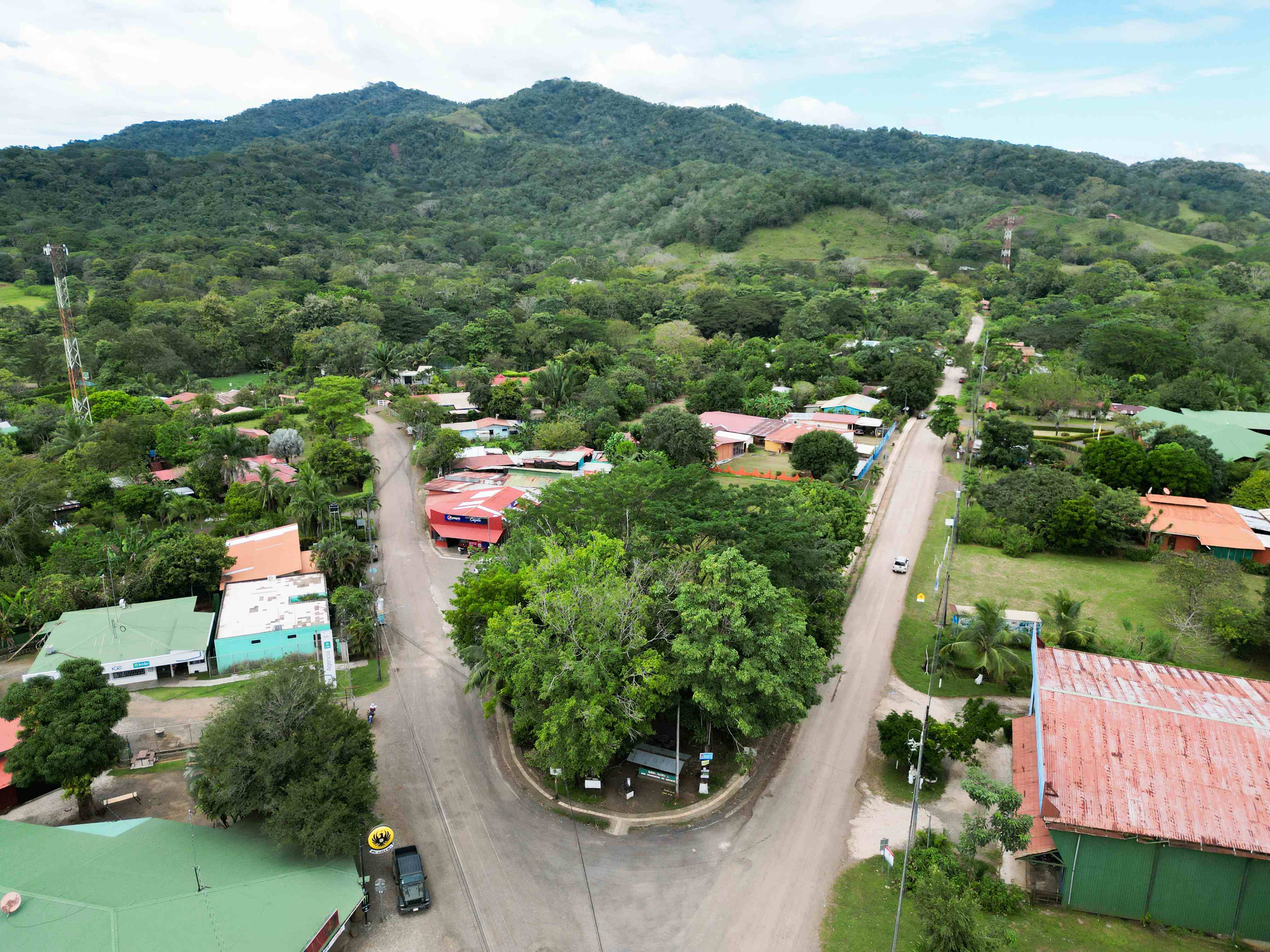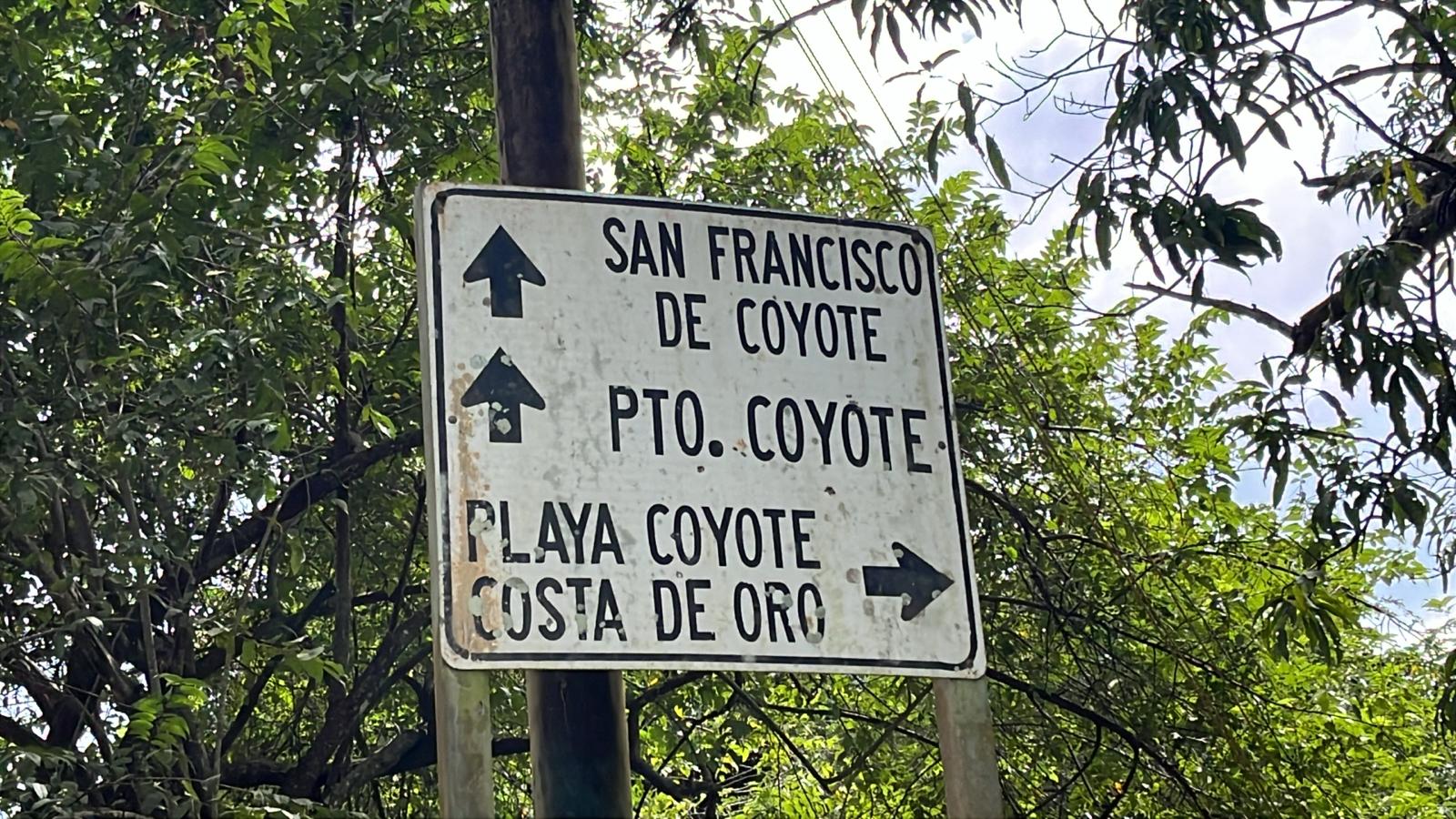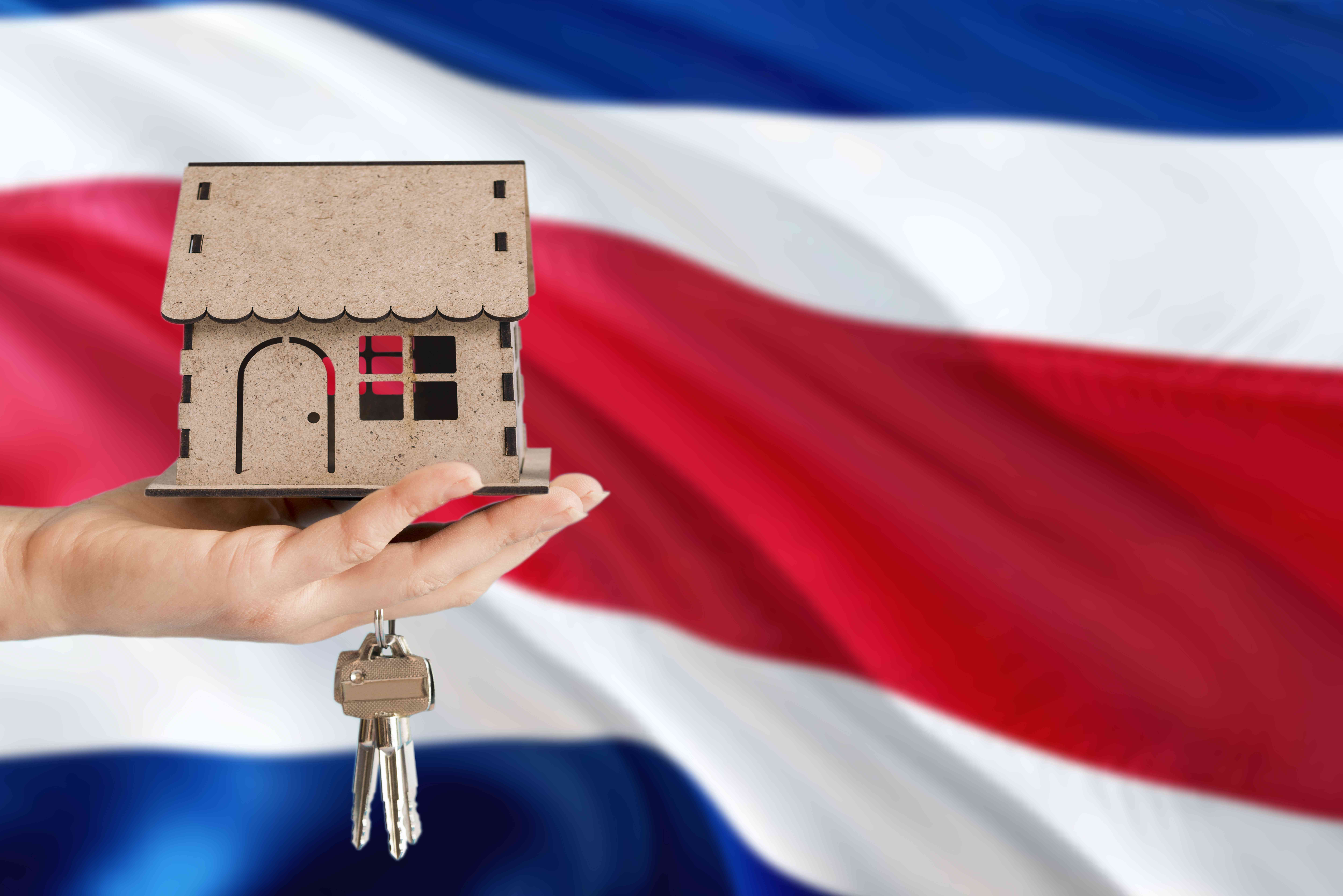Buying Real Estate in Costa Rica: Common Questions Answered
Whether you’re looking for a retirement home, investment property, or vacation getaway, Costa Rica’s stunning landscapes and stable economy make it an attractive choice for foreign buyers. However, buying real estate in a foreign country often comes with many questions. Here’s a detailed Q&A to help guide you through the essentials of purchasing property in Costa Rica.
Q: Can foreigners buy property in Costa Rica?
A: Yes! Costa Rica has favorable policies for foreign buyers, who have the same ownership rights as Costa Rican citizens. There are very few restrictions, making it straightforward to buy property as a non-resident. The main exception is beachfront property within 200 meters of the high tide line, which is generally considered public land and governed by strict concession laws.
Q: Do I need to be a resident to buy property in Costa Rica?
A: No, residency is not required. Foreigners can own property as individuals or through a corporation without having residency status. However, if you plan to spend significant time in Costa Rica or want to work, obtaining residency can offer added benefits.
Q: What’s the property buying process like in Costa Rica?
A: The buying process typically includes these steps:
- Find a Property: Work with a local real estate agent who knows the market.
- Make an Offer: Work with your real estate agent to make an offer. Once you come to terms, a purchase and sale agreement will be writtena and a 10% deposit is often placed in escrow upon acceptance.
- Due Diligence: Hire a real estate attorney to conduct due diligence, including a title search to confirm ownership, boundaries, and any liens on the property.
- Closing: A notary public facilitates the closing, and the remaining funds are transferred. The notary will register the new title with the National Registry.
Q: Should I use a real estate agent?
A: While not legally required, using a reputable local real estate agent is highly recommended. Real estate agents can offer local insights, help you navigate the market, and connect you with attorneys, inspectors, and other professionals. Costa Rica does not have a formal Multiple Listing Service (MLS), so it’s even more important to work with a knowledgeable agent and compare properties across different listings.
Q: Do I need a lawyer to buy property?
A: Yes, hiring a qualified real estate attorney is essential for foreign buyers. Your attorney will conduct due diligence, ensure that the title is clear, and handle the legal aspects of closing. Costa Rican real estate laws differ from other countries, and a lawyer ensures your investment is protected and that all documents are properly registered.
Q: What should I know about property taxes and fees?
A: Costa Rica’s property taxes are relatively low, at around 0.25% of the registered property value. There is also a one-time property transfer tax of 1.5% of the property’s registered value due at the time of purchase, plus additional legal and notary fees, typically totaling 4-5% of the sale price. Make sure to budget for these costs in addition to your purchase price.
Q: How can I pay for property in Costa Rica? Are mortgages available?
A: Many foreign buyers prefer to pay cash, as Costa Rican mortgages for foreigners can be challenging to secure and often have high-interest rates. Some developers or sellers offer financing, so it’s worth inquiring about. Alternatively, foreign buyers often use home equity loans from their home country to finance their purchase.
Q: Are there any specific restrictions on buying beachfront property?
A: Yes, beachfront property in Costa Rica is subject to special regulations under the Maritime Zone Law. The first 50 meters of land from the high tide line is public land, where private ownership is not allowed. However, the next 150 meters may be leased through a concession with the municipality. Concessions can be more complex, and foreign buyers are often advised to consult an attorney before investing in beachfront property.
Q: What are my options for protecting my property from squatters?
A: Squatters’ rights, or "derecho de posesión," can apply if a property is left unattended for a prolonged period. To prevent this, consider hiring a property manager, installing fencing, or maintaining regular visits to the property. If your property is remote, a caretaker can provide a visible presence, reducing the risk of squatters.
Q: Can I earn rental income on my property?
A: Yes! Costa Rica has a thriving rental market, particularly in popular tourist areas. Short-term vacation rentals are especially popular and can offer a good return on investment. Be aware that rental income is taxable, so consult with a tax professional familiar with Costa Rican regulations. Some municipalities may also have permit requirements for short-term rentals.
Q: Is property insurance necessary, and what does it cover?
A: While not legally required, property insurance is highly recommended, especially for vacation homes or rental properties. Policies typically cover property damage, liability, and loss of income in the event of natural disasters or vandalism. Costa Rica has several local insurance providers.
Q: How do property ownership laws compare to other countries?
A: Costa Rica’s property ownership laws are transparent and offer strong protections for foreign investors, similar to many Western countries. Properties are registered with the National Registry, which means clear records of ownership. The legal framework prioritizes property rights, making it a stable environment for investment.
Q: Can I build on my land?
A: Yes, but building in Costa Rica requires permits from the local municipality, and your project must adhere to zoning laws and environmental regulations. If you’re building near the beach or in a protected area, additional permits may be necessary. Working with a local architect or builder who understands Costa Rican regulations can simplify the process.
Q: What’s the real estate market like in Costa Rica?
A: Costa Rica’s real estate market has grown steadily, particularly in popular tourist and expat areas like Guanacaste, the Central Valley, and the Southern Zone. Property values vary by region, but the market remains stable with consistent demand. Whether you’re looking for a rental property or a vacation home, there are options across all price ranges.
Q: Is it safe to buy property in Costa Rica?
A: Yes, buying property in Costa Rica is generally considered safe, especially when due diligence is conducted, and you have a professional team to guide you. The government encourages foreign investment, and Costa Rica is known for its political stability and solid legal framework. Working with qualified real estate professionals will help ensure a smooth, secure buying experience.
Conclusion
Purchasing property in Costa Rica is an exciting opportunity, whether you’re drawn by the beautiful landscapes, investment potential, or quality of life. With a good understanding of the process and a trusted team to guide you, buying real estate in Costa Rica can be a straightforward and rewarding experience. Just remember to do your due diligence, stay informed, and enjoy the journey to becoming a property owner in paradise.
Have additional questions about buying property in Costa Rica? Our team can help. Fill out the form to contact us today and get your questions answered.


